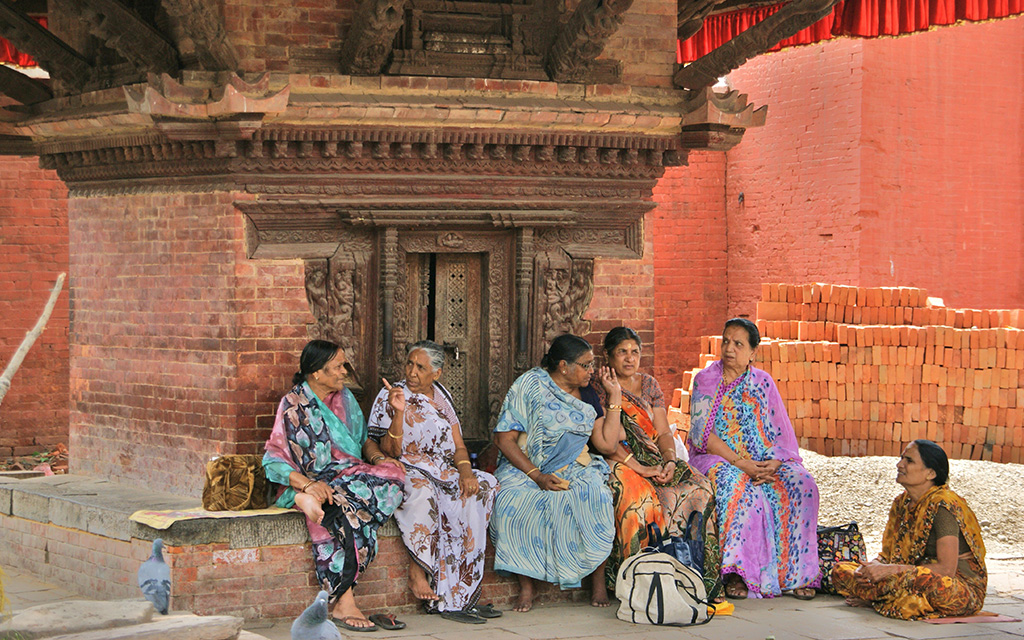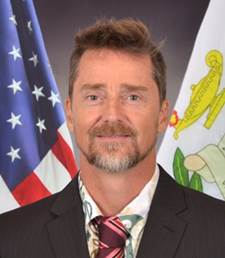The Advancement of Women in Post-Conflict Nepal
“The Advancement of Women in Post-Conflict Nepal” is the latest Occasional Paper released by the Daniel K. Inouye Asia-Pacific Center for Security Studies. Authored by Lily Thapa, founder of the Women for Human Rights group, and DKI APCSS Associate Professor Dr. Deon V. Canyon, the paper looks at the challenges of conflict-affected women. According to the authors, “The Nepalese Civil War from 1996 to 2006 left in its wake an awareness that the involvement of women in every sector of society is fundamentally important. The resulting changes in law and the creation of new legislation demonstrated this awareness and reflected a [...]







